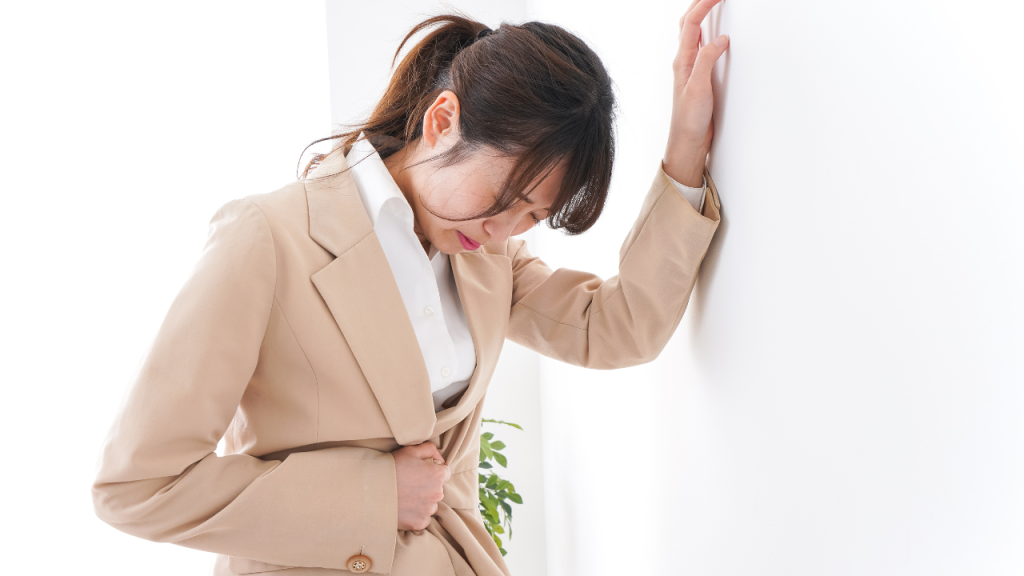So you wake up in the morning intending to conquer challenges and be more productive at your workplace, and all of a sudden, the menstrual shedding starts horrifying you. You cannot take a day off and must ensure your workplace presence. Despite being there physically, you are emotionally lost due to the cramps and back aches and cannot put your focus on work.
Terrible, isn’t it?
While countless women feel disturbed at work due to menstrual pain and PMS, the menstrual leave has become a whiff of relaxation that gives you proper time to heal. Menstrual leave is important because it promotes gender equality in the workplace and acknowledges the difficulties women confront during their menstrual cycle. Given that women are more prone to miss work or be less productive while they are experiencing menstrual discomfort, it can also aid in decreasing absenteeism and increasing productivity.
Additionally, it encourages a more welcoming and encouraging working culture and lessens the stigma associated with menstruation.
Menstrual leave – what exactly is it?

Like other leaves, menstrual leave is assigned to women during their period days. It is evident from the medical findings that the period of suffering can be debilitating to the extent that it can hinder your productivity and performance at work. Pelvic pain is no exception, and also dysmenorrhea is the leading cause of women feeling lethargic, passive, and cramped at work.
The concept of menstrual leave is basically to provide those born with a uterus to take some time off to support their menstrual hygiene without the fear of not being productive at work or losing pay.
As the concept of menstrual leave is inspiring more and more companies around the globe to take menstrual suffering seriously, it has really changed how women used to feel about their bodies. The policies of menstrual leave vary from company to company. While some companies offer ‘paid’ leave to calm down the menstrual sufferings of their menstruating women employees, others allow their employees to benefit from their ‘paid leave’ during that time of the month.
Where did the concept of Menstrual leave come from?
Surprisingly, the idea of menstrual leave has been there for decades as countries such as Japan, Indonesia, Taiwan, and South Korea allow their women employees to rest while they are on their periods. Recently, when things have evolved in favor of women worldwide, the stigma around menstruation is also given much-needed attention.
Menstruation leave is the right way to address the periods pain and PMS signs without requiring women to attend their workplace while on their cycle. It allows them to not feel weak due to this naturally occurring phenomenon and take some rest with a focus on their menstrual hygiene.
Why does Menstrual leave matter?
Menstrual leave matters because it recognizes women’s unique challenges during their menstrual cycle. It matters because we are born with a reproductive system that must undergo menstrual shedding for proper functioning. Menstrual leave and its beneficial policies have eliminated the taboo which was previously linked to menstruation. Gone are the days when we were taught to keep going with our period’s sufferings and not to say a word about it because it was supposed to be ‘normal’ while it wasn’t.

The way a company deals with its employees says a lot about its priorities and determines its pathway in the long run. You don’t even have to quote a specific reason to take your menstrual leave if it is added to the company’s mandate. The more a business takes care of the health and comfort of its employees, the more growth it observes, which is also proven by the facts.
Menstrual leave is an advanced step towards the woman’s health, considering the pain and discomfort she goes through every month. We have a uterus, and our suffering is beyond the imagination of those who are born without a uterus. Menstrual leave is a progressive step towards acknowledging the suffering women are going through over the decades.
Those with severe menstrual shedding deserve empathy and flexibility at work to overcome their fear of leaving behind. Policies governing menstrual leave are distinct from those governing sick leave since they only apply to individuals who menstruate, particularly those who are of menstruation age and have an active reproductive system.
Know your body!
This is the time to say BYE to the endless trauma most of us go through before or during our period’s cycle. Without knowing our bodies, we won’t be able to cater to their needs. While Menstrual leave helps women raise the bar of their work while not feeling afraid about being low on their productivity, this is also the right time to start knowing our unique bodies and their requirements. During periods when we are overwhelmed by several emotions, healing naturally can be really helpful in the long run.
To know more about our holistic approach regarding PMS symptoms and ditch the conventional medicated ways to overcome your periods’ sufferings, sign up for our Newsletter and let us be there at your rescue.

0 comments